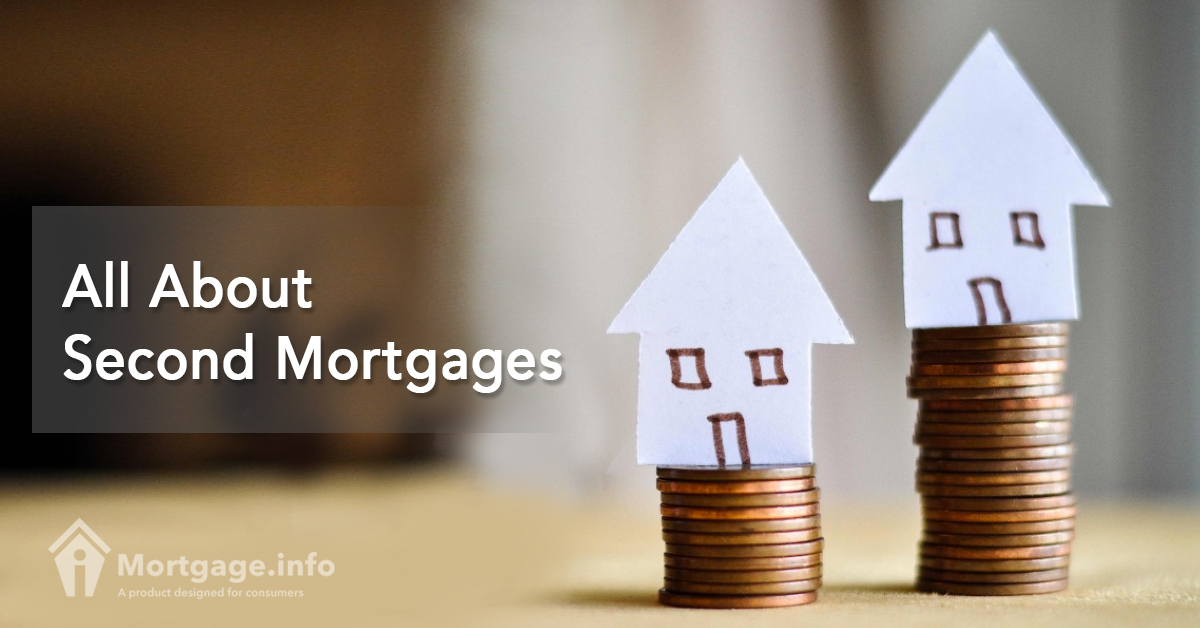Any and all mortgages taken out after or simultaneously with the first mortgage are called second mortgages. They are especially potent in environments where home prices are rising because that would mean more equity to borrow against. Second mortgages serve several purposes and appear in a variety of terms, rates and costs.
Second Mortgages: Two Ways to Tap Equity
Equity is what makes your home valuable as the years go on. It is the difference between your home’s current value and your loan’s outstanding balance. If you owed $140,000 on a $200,000-priced home, your equity is $60,000 (subject to adjustments if there are existing liens or second mortgages attached to the home). To get your equity percentage, divide $60,000 by $200,000 and multiply by 100 or 30%.
You can tap this home equity through:
- Home equity line of credit. It works like a credit card. You borrow money up to a certain limit, repay that loan and borrow again and repay. You can pay the interest portion of the loaned amount only or you pay down the principal balance plus the interest as required by the lender.
- Home equity loan. Instead of a pool of money, you are given a lump sum that you are free to spend. You will make fully amortizing, fixed payments until the loan is repaid.
Second Chances, Second Mortgages
Homeowners can be as creative in using second mortgages to realize their homeownership goals:
Most homeowners take on a second mortgage to consolidate their debts. They use its proceeds to get rid of high-interest credit card debt or pay down installment loans like car loans.
If used strategically, second mortgages get rid of the private mortgage insurance. By piggy-backing it with the first mortgage, a homeowner is able to produce a down payment of 20% and thus eliminate the PMI.
Home improvement is another major use of second mortgages. Any beautification or improvement to the home is expected to add or boost its value and reflect in a higher selling price later on.
Perks + Tradeoffs
Second mortgages may be second to none in terms of being more advantageous than comparable loan products:
- You can borrow more especially if you have a sizeable store of equity.
- You can get a second mortgage for a lower rate because your repayment is secured against your home, a protection for the lender.
- You can qualify for a mortgage interest deduction for your first and second mortgages.
To have a balanced opinion, it pays to look into the not-so-good aspects of having a second mortgage.
- You incur a new set of closing costs when taking out a second mortgage. The appraisal fee, credit report fee, origination fee, and so on.
- You pay interest when you borrow money against your equity.
- You expose your home to further risk of foreclosure if you fail to pay off your second mortgage.
What You Can Do
You are basically using your home to get a second mortgage; it’s only important to make a well-thought-of decision.
It always pays to shop around for rates and costs when looking for a HELOC or a home equity loan. You can put the APRs of various loans side-by-side for a more meaningful comparison.
Also, approach different types of lenders, e.g. local banks, credit unions, and alternative lenders just to examine what they can offer you.

